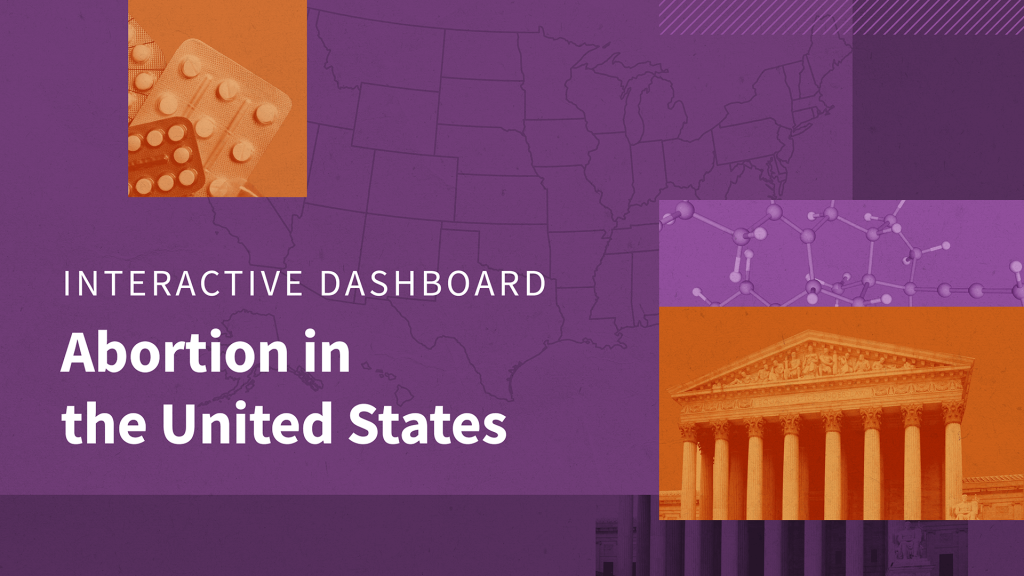Implementation Dates for 2025 Budget Reconciliation Law
This searchable timeline shows the implementation dates for the health care provisions included in the 2025 federal budget reconciliation law, previously known as "One Big Beautiful Bill Act." It includes provisions related to Medicaid, the Affordable Care Act, Medicare and Health Savings Accounts (HSAs).
